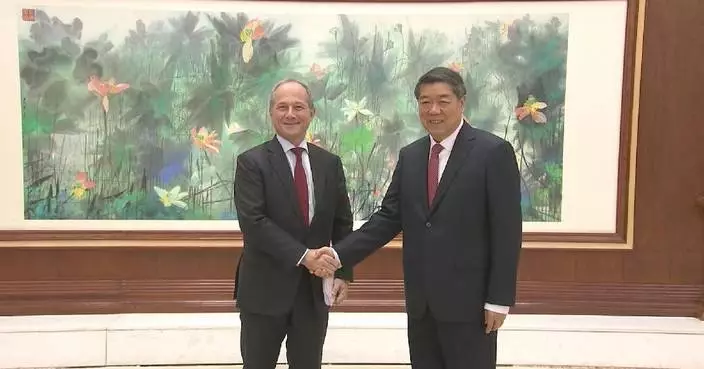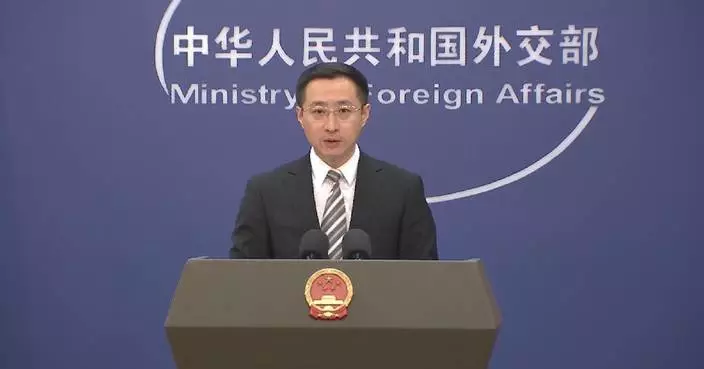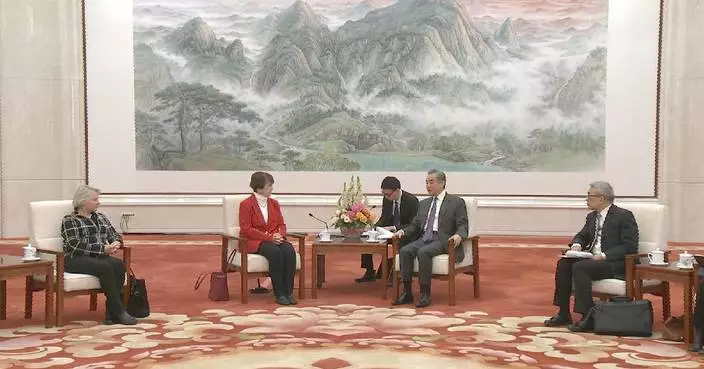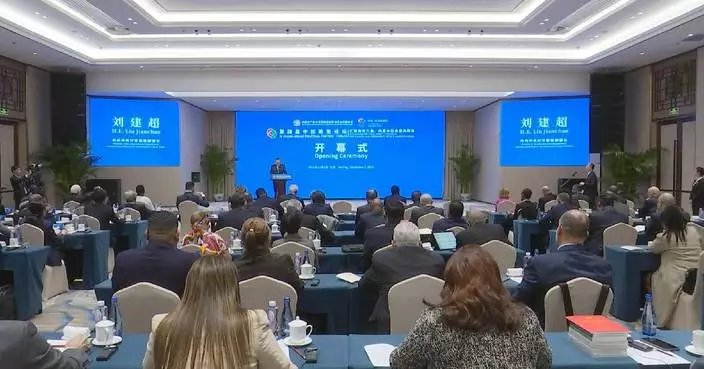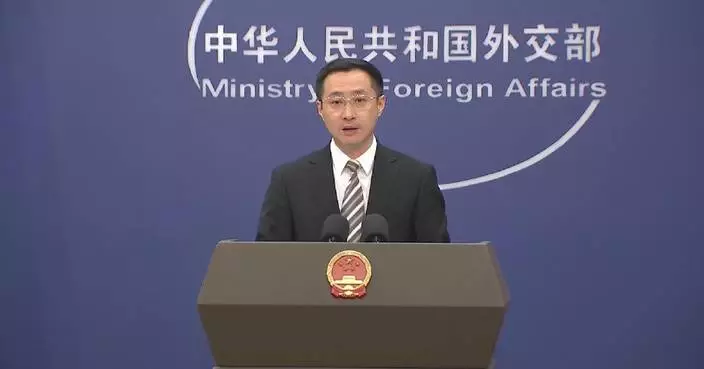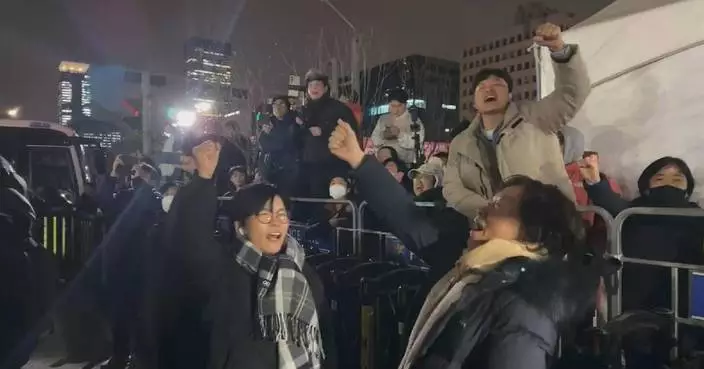Households and restaurants in South Korea have reeled from price surge of napa cabbage, a staple food in Korean cuisine, with some exploring alternatives to cope with the increased expenses.
Napa cabbage, also known as Chinese cabbage, is key ingredient of kimchi often served as a side dish with meals and is enjoyed in various forms.
However, the current price of this vegetable has risen by about 30 percent compared to the same period last year.
With prices of napa cabbage and turnip, another often-used ingredient of kimchi, remaining high, an increasing number of consumers are turning to more affordable vegetable substitutes like other kinds of cabbage and lettuce to offset the impact on their budgets.
A survey released by the Korea Rural Economic Institute on Friday revealed that 40 percent of respondents plan to reduce the amount of kimchi they make this year.
"With the current price, we have to either cut back on kimchi production or shift to using other kind of cabbage with lower price," said a resident.
The rise in kimchi prices has also adversely impacted the South Korean food industry.
Jung, who manages a barbecue restaurant in the Seoul metropolitan area, disclosed that the procurement cost of a 10-kilogram pack of Korean-produced kimchi has surged to 60,000 Korean won (about 43.58 U.S. dollars), marking a 1.7-fold increase from previous rates.
In response to the soaring prices, Jung has changed his kimchi sourcing by increasing imports from China and reduced the availability of side dishes for patrons.
"Now the food costs account for half of our total revenue. Grilled pork tastes best with kimchi, making it challenging for us to reduce serving. That brought huge pressure for us," said the barbecue restaurant owner.
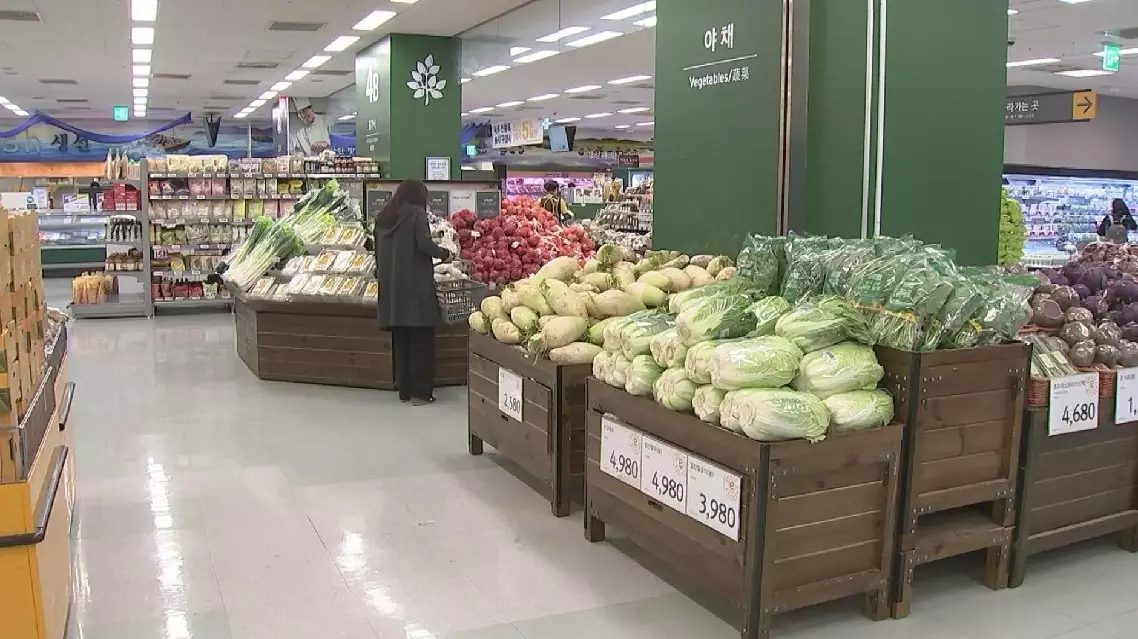
Household, restaurants feel price squeeze as cost of napa cabbage soars in South Korea
Senior representatives from major regional news media organizations, gathering at the ongoing 12th Global Video Media Forum (VMF) in China, say they are looking to amplify the voices of the media in the Global South to help consolidate cooperation and friendship in an ever more challenging global environment.
The forum opened in Quanzhou in east China's Fujian Province on Tuesday, bringing together 200 media representatives from over 60 countries and regions in the historic coastal city.
By working more closely together, media organizations in the Global South can reap rewards that might otherwise be unavailable, according to Ahmed Nadeem, Secretary-General of the Asia-Pacific Broadcast Union.
"If we work together, there is an opportunity for us to bring out the best from these Global South countries who have much less resources," he said.
Other media representatives at the VMF stressed that in challenging times, it is even more important for developing countries to have their voices heard on the global stage.
"[The Global] South media have a lot of responsibility to build a new opinion," said Issoufou Sare, Director-General of BF1 Television.
"[The media can provide] solutions for misunderstandings or stereotypes. So the media have a major role. They can bridge our cultures and make us know each other better," said Feten Fardi, head of Arab and International Cooperation Unit, Arab States Broadcasting Union.
The event also witnessed the launch of the "Global South Media Dialogue and Cooperation Mechanism and Joint Initiative," a program to support closer cooperation led by China Media Group.
"That will help to promote our voices, our realities to make the world know better about our customs, realities, about our history, about our culture, customs, about our problems, but also our achievements," said Martin Hacthoun, chief editor of Press Latina News Agency.
The two-day VMF is being held under the theme "Intelligence Without Frontiers, Vision Beyond The Horizon -- Media's Role in Communication and Cultural Exchange."
Launched by the CCTV Video News Agency (CCTV+) in 2011, the VMF is an annual professional journalism forum focusing on the latest trends and innovations in news and journalism, which provides a highly specialized, unique and interactive platform for domestic and foreign media peers.
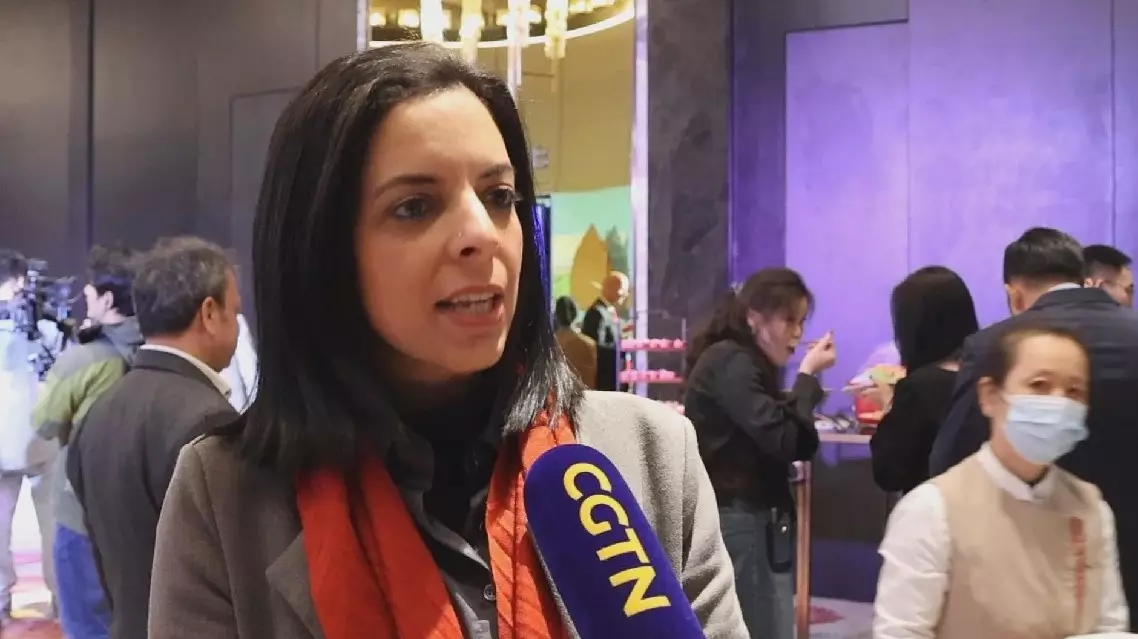
Media groups aim to amplify voice of Global South at VMF




